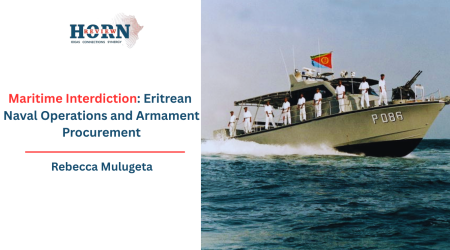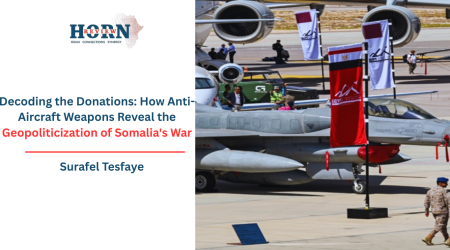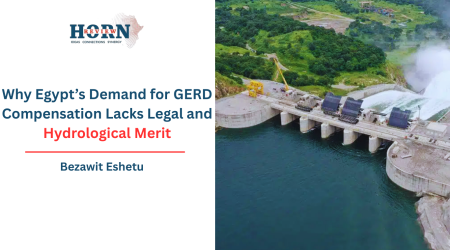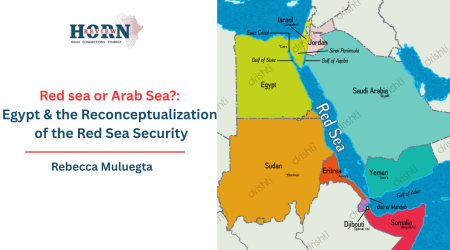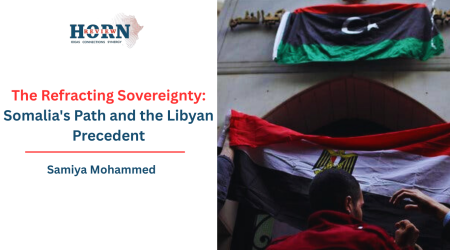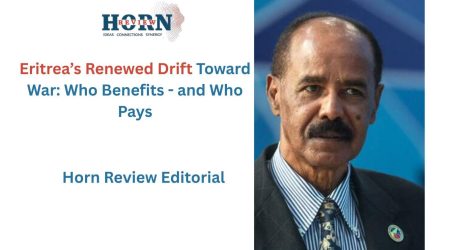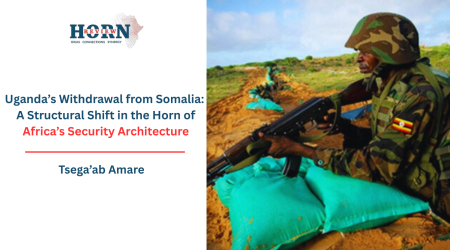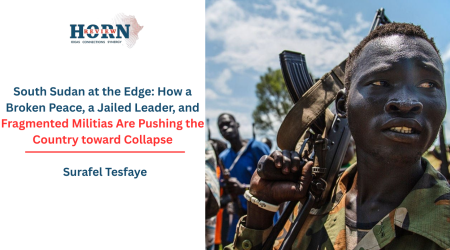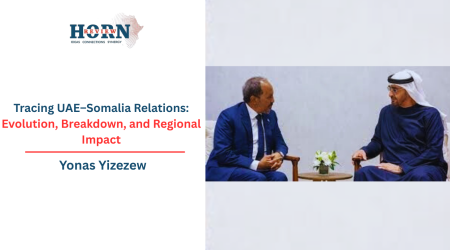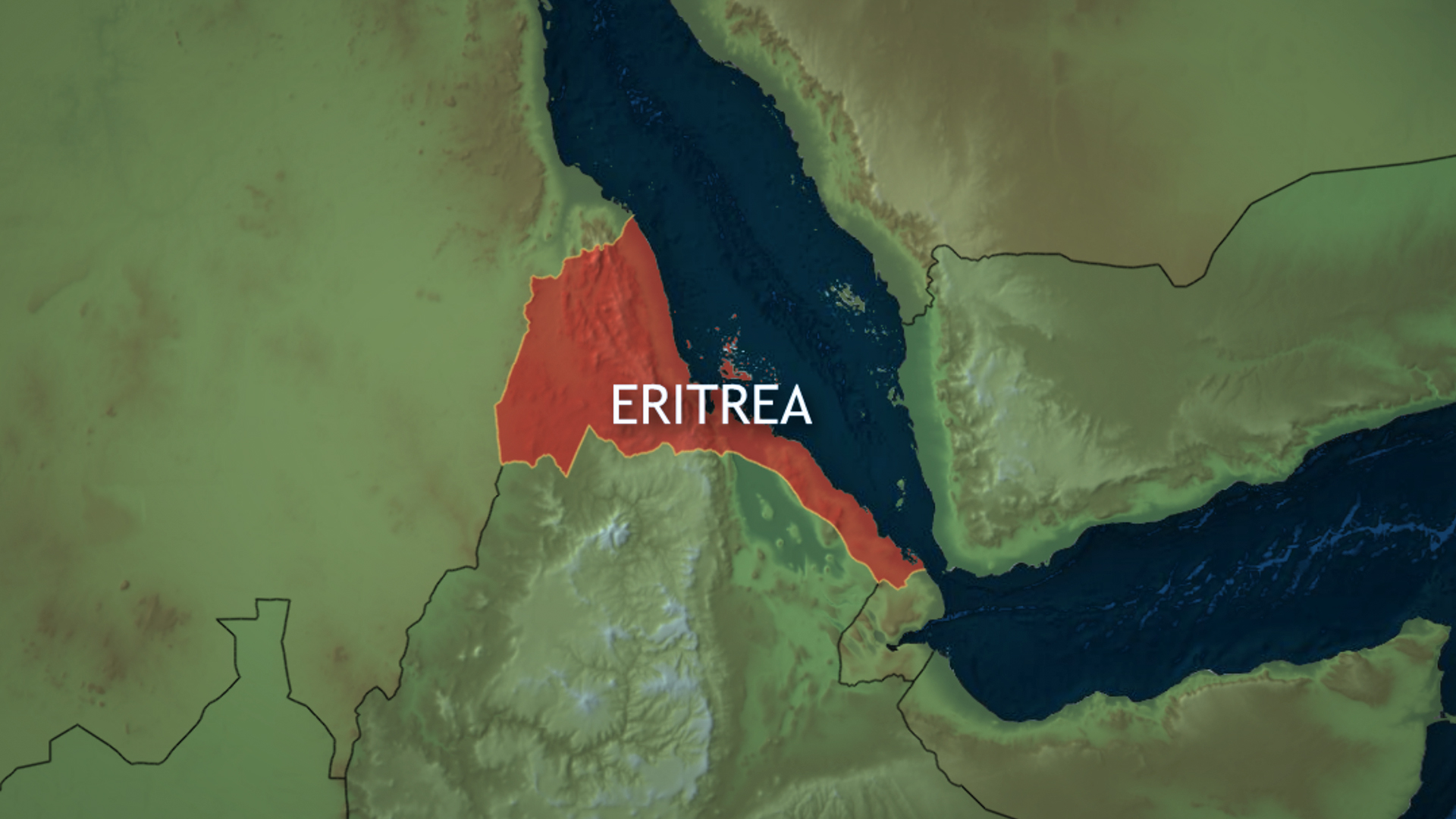
9
Jul
Eritrea’s Bold Challenge to UN Oversight: Unpacking the Risks, Responses, and What Comes Next
On June 25, 2025, Eritrea formally submitted a resolution to the United Nations Human Rights Council (UNHRC), one that could end the mandate of the Special Rapporteur on the situation of human rights in the country – an oversight mechanism that has existed since 2012. This move, which is backed by states like Russia, Iran, and Sudan, has generated sharp concern across diplomatic and human rights communities. Eritrea claims the mandate is outdated and politically motivated, portraying it as a relic of a biased international campaign. However, it is warned that this unprecedented bid not only undermines ongoing accountability efforts in Eritrea but also threatens the credibility and future utility of country-specific authorities within the broader UN system.
The Strategic Landscape: Competing Interests and Objectives
From Eritrea’s standpoint, the bid to terminate the Special Rapporteur’s mandate is framed as a long-overdue assertion of sovereignty and self-respect. The Eritrean government has repeatedly denounced that the mandate is a Western-led project aimed at regime change. It argues that the Council’s focus is politically selective and that it unfairly singles out and targets nations unwilling to follow Western political norms. In its official communication to the Council, Eritrea describes the Special Rapporteur’s work as “discreditable and confrontational,” claiming that it undermines mutual respect and cooperative engagement.
Supporting Eritrea are countries with similarly fraught relationships with international accountability frameworks. Their motivations go beyond Eritrea’s domestic politics. Instead, it appears their backing is just one element of a wider plan to disarm the world of international mechanisms of scrutiny, especially those which they believe to be the agents of the West. By siding with Eritrea, they are making a case for a multipolar international order – one that is less interventionist and arguably more permissive of authoritarian governance models.
On the other side, Western powers such as the UK and European Union states have issued strong objections to the motion. They argue that the mandate is still necessary because of the clear and well-documented human rights violations in Eritrea, including indefinite national conscription, arbitrary detention, enforced disappearances, and restrictions on press freedom and religious expression. Human Rights Watch and Amnesty International, along with various UN reports continue to point out the ongoing systemic abuses that justify the need for an international monitor.
For these actors, Eritrea’s motion represents a dangerous precedent. If successful, it could embolden other states under scrutiny – including Myanmar, Belarus, and potentially even Ethiopia – to challenge or dismantle international monitoring mechanisms that, while aimed at ensuring transparency and accountability, are increasingly viewed as intrusive and politically motivated. The concern isn’t just about Eritrea, it’s about the structural weakening of a critical pillar of global order.
Regional Reverberations and Institutional Consequences
The Horn of Africa is already one of the world’s most politically fragile regions, marked by insurgencies, authoritarian resurgence, and unresolved border disputes. Eritrea’s attempt to dismantle international scrutiny should not be seen in isolation. It comes at a time when the regional security order is in flux, with Ethiopia’s internal dynamics still unstable, Somalia confronting both electoral and militant threats, and Sudan sliding deeper into conflict. In the absence of external pressure, there is little evidence to suggest that Eritrea would voluntarily curtail the practices that have driven thousands of its citizens to seek asylum in Europe and neighboring states. Moreover, the move could set back efforts to foster cross-border cooperation. Eritrea’s participation in the Tigray conflict, its historical tension with Ethiopia, and its ambivalence toward regional integration efforts already strain diplomatic ties. If accountability mechanisms are seen as optional, there will be fewer shared standards to incentivize cooperative governance or conflict prevention in the Horn.
At the institutional level, the UNHRC itself may face a legitimacy crisis. Country-specific mandates are one of the few tools it has to address acute, systemic violations. If states under investigation can now successfully argue their way out of scrutiny with enough backing, the Council’s capacity to serve as an enforcer of global human rights norms will be profoundly diminished. The credibility of all existing mandates – on Syria, Palestine, Myanmar, and more – would come under question.
What Comes Next?
Looking ahead, a narrow defeat of Eritrea’s motion remains the most likely outcome. While it enjoys backing from a bloc of Global South and authoritarian-aligned states seeking to recalibrate norms around sovereignty and external oversight, it also faces resistance among European, Latin American, and African countries committed to preserving institutional mechanisms of multilateral accountability. However, even a closely contested vote would signal waning international consensus and embolden similar efforts in future sessions.
Should the motion pass, the immediate outcome will be the formal end of the Special Rapporteur’s work in Eritrea. This would close off a valuable source of public information and further reduce Eritrean civil society’s already limited access to international platforms. The longer-term risk is that it may serve as a blueprint for other countries to follow, slowly unraveling what is left of global human rights standards. Conversely, if the motion fails, Eritrea is unlikely to change its domestic policies in response. Instead, it might escalate rhetorical attacks on the Council, refuse to cooperate with the Rapporteur, and double down on alternative diplomacy – dealing directly with certain countries while steering clear of multilateral forums.
Responding to the Challenge
In tackling this evolving situation, stakeholders need to use both principled and practical approaches. For the UNHRC, the answer is not to just simply vote against the motion, but to renew the mandate with clearer goals. These should include specific expectations related to reforming national service, ensuring judicial independence, and improving detention practices – framed not as punitive measures but as support for institutional development.
At the same time, Western and African states that oppose the motion must work to rebuild cross-regional consensus around the norms of international oversight. The effectiveness of any mandate rests not only on its legal basis but on its political legitimacy. Strengthening partnerships with regional bodies like the African Commission on Human and Peoples’ Rights could create more culturally resonant systems that reduce the perception of Western dominance.
For Eritrea’s neighbors, especially Ethiopia and Sudan, it is important to keep oversight mechanisms in place, as they help prevent abuses from escalating into regional crises. Quiet diplomacy encouraging Eritrea to engage constructively – perhaps with the promise of economic or diplomatic incentives – may be more effective than isolation. As for civil society actors, they shall continue documenting abuses and preserving public memory, particularly if institutional oversight weakens. Donors and research bodies should fund independent investigations that can operate beyond state interference, ensuring that the human rights situation remains visible even if official channels close.
All in all, Eritrea’s challenge to the UN mandate marks a decisive moment in the evolution of international human rights accountability and global order. It exposes a growing divide between states seeking sovereign immunity and those defending global norms. Whether the Council votes for or against the motion, the structural implications will ripple far beyond Eritrea’s borders. At stake is not only the future of human rights monitoring in one country but the integrity of the entire system designed to protect the world’s most vulnerable populations.
By Sina Yigzaw,Researcher,Horn Review
References
- Reuters, ‘Eritrea seeks to end mandate of UN expert investigating abuses, document shows’ (Reuters, 25 June 2025).
- United Nations Human Rights Council, ‘Interactive Dialogue with the Special Rapporteur on Eritrea’ (UN Web TV, February 2025).
- Human Rights Watch, ‘Eritrea: Adopt a Strong Resolution Extending the Special Rapporteur’s Mandate’ (HRW, 22 May 2025).
- Amnesty International, ‘Eritrea: Indefinite National Service Conscription Violates Human Rights’ (AI, 2024).

